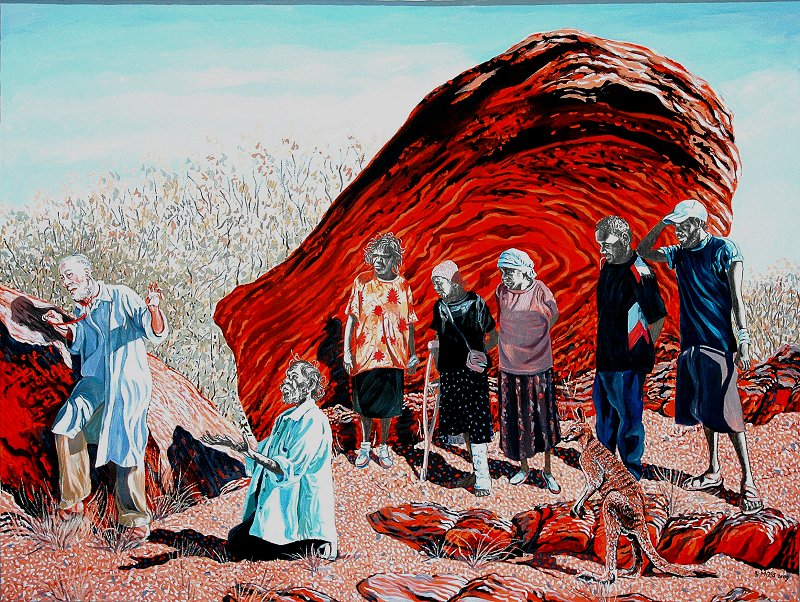Hg is a district medical officer in remote australia
The DMO takes phone calls from the remotest places in Australia
The cases he describes are typical and fictional. And true:
2100 hours – a large man screaming in pain from his twisted testis.
2105 – given morphine intravenously
2110 – still screaming; more morphine
2115 – in agony; crying; more morph
2118 – no better; given a fourth dose; settles; given an oral opiate for continued effect
2120 -2150 – called Flying Doctor, arranged retrieval to the Base Hospital, briefed Flight Nurse, briefed Emergency Dept at the hospital.
Plane will take off at 2235, pick up patient at 2355, ETA at hospital 0045 hours. He has six times the normal dose of opiate aboard his large body. He will undergo urgent ultrasound to confirm the diagnosis. If confirmed surgery will follow to save the testis.
Meanwhile the phone has not cooled in the DMO’s hand:
2107 hours – a doctor in an Aboriginal community some 2 flying hours away calls seeking retrieval of a 79 year old Aboriginal man, normally active, sociable, a traditional healer, a man of high degree who has suddenly fallen ill. His urine tests positive for infection and his high fever and racing heart and falling blood pressure register a likely septicaemia.
Air retrieval is urgent. DMO makes a further six phone calls to the parties to this retrieval. The plane will not arrive for a further three hours, leaving the remote nurse and the remote doctor with a failing treasure.
2204 – A triple zero call to the ambulance alerts all services to a rollover 20 kilometres from the nearest settlement, about 130 kms from the Base Hospital. Two grey nomads have hit their heads and walked away from the wrecked vehicle. They will be treated as fractured necks until a CT scan proves otherwise: a vehicle that overturns while travelling at 100 kph belts a neck with sudden brutality. Persons walking away from the car might never walk again.
2224 – An unconfirmed and unclear report of a third person trapped in the wreckage. Ambulances set out from the small community driven by remote nurses who handle everything from births to deaths to attempted hangings. None of those tonight, thankfully. So far.
2241 – Six hundred kms distant from the septicaemic old man another goes down with a similar illness. This man, aged sixty, looks eighty. We send a plane, knowing that the flight will not commence until 0300. Aviation hazard statistics show that risk is highest after 3.00 am. This retrieval will end at some time from 0600 to 0800, when the crew will be at their lowest ebb. More phone calls – at least six per evacuation, sometimes as many as twenty.
The DMO’s shoulders and neck tighten during the 13 hours of the night shift. The bladder calls but calls in vain.
2300 – a baby has bronchiolitis, needs oxygen, is supported capably in a clinic 350 kms from the nearest hospital. The planes are both out. Two nurses pack up babe, mother and all their gear into the ambulance and commence the 8-9 hour return trip. The nurses will be on call tomorrow night too.
2340 – a bloke has a headache. His head has ached for the last six days, ever since the rock chucked at him hit him on the head. He looks well enough, his vital signs are alright, but who knows which little artery bleeds quietly away, building, building a pressure on the brain that might bring a stop to respiration?
The DMO arranges this man’s evacuation for first thing in the morning. Meanwhile the man sleeps. He will probably wake up. The plane that retrieves him will also bring the station hand whose ovaries, tubes and womb are on fire with the infection that her man gave her before abandoning her 15 months ago.
Midnight and the calls come less frequently. The DMO climbs onto the couch by his desk and waits for oblivion. He yawns great, jawcracking yawns. He falls asleep. The phone rings at 0040: the nurse in the most remote community calls about a woman whose labour has started. The baby was expected in 13 days. Mother-to-be is nineteen and this is her first baby. Her English is poor, she is shy – or scared mute. The nurse – “I am not a midwife, doctor” – reckons the contractions are infrequent and brief. The waters have not broken. There is no blood. There will be no aircraft until 0930 at the earliest. The non-midwife will be alone in a room with a ticking womb through the remainder of this long night. Telephone calls proliferate – from DMO to obstetrician , to RFDS, to Emergency Department, to the flight nurse, and – repeatedly – to the solitary nurse in the clinic in Deepest Woop-Woop. Drugs are ordered to halt labour. Observations are taken, reported, discussed: Nessun Dorma.
The DMO keeps notes, trying to enter them in real time into the computer whose softwear has an inbuilt stuttering tendency, suddenly freezing in mid-sentence, then as abruptly thawing. From time to time the computer does its programmed unbooting. The DMO is old, computers are new and the NBN cannot come fast enough. The DMO swears a lot at the softwear while reserving the most supportive and encouraging words for his allies, the nurses, with their patients in their far and lonely posts.
The labouring lady sleeps. The non-midwife checks an inscrutable belly for contractions, peeks furtively at a pad for liquor or blood, listens to the baby’s heartbeat, monitors blood pressure,
The DMO wants to sleep. He lies down, looks balefully at the phone – silent for now – and delivers a little speech to himself: The phone will ring. It will wake me. That’s what I signed up for. That’s my job – no phone, no job. Don’t complain. The DMO finds this speech inspiring: he will fight on the beaches, he will fight in the streets, he will never, never… The phone rings. It is the flight nurse, reporting on the safe arrival of the old seer with sepsis. She needs the current observations on the second bloke. More telephony. More self-conversations about sleep, work, the meaning of life.
0350 – the ambulance service rings. A triple zero call has come in of a man, raging, threatening harm to himself and to others. The call came from a clinic 80 kms distant. The caller says the patient lives in House No. 174. Police have been called.
The DMO calls the clinic in that community, disturbs the sleep of a nurse who must go out into the dark to find a patient who hasn’t called her and who is quite unpredictable. DMO enlists her help but commands her to keep her distance until the Police arrive. Once she can safely assess the patient she is to call back and the DMO will face the mutually demeaning task of certifying another human insane. The nurse goes out into the cold – it is minus two centigrade. In the event she searches with the Police, fruitlessly. The harmer is not found.
0600 – the DMO briefs the flight nurse on the first of the day shift aircraft. Before this he answers phone calls from nurses supplying the latest observations and reports on their charges.
It is 0635. The shift will end at 0800 – give or take the handover to the day shift DMO, and the paperwork, and the catch-up note-keeping on the flukey computer.
The DMO decides to make a cuppa. Night will soon be over.
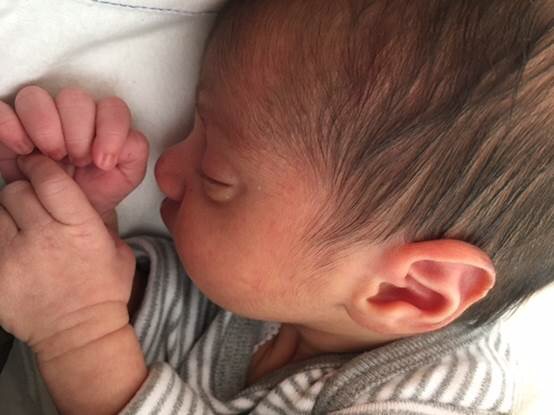 Doctors inspect, find all parts present and correct, a girl. Parents check: not simply present and correct, but perfect, their girl child.
Doctors inspect, find all parts present and correct, a girl. Parents check: not simply present and correct, but perfect, their girl child. 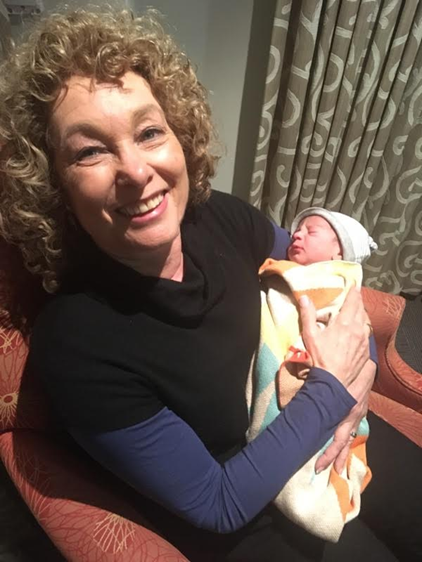 They behold, astonished by smallness, their newest beloved. Already, immediately beloved.
They behold, astonished by smallness, their newest beloved. Already, immediately beloved. 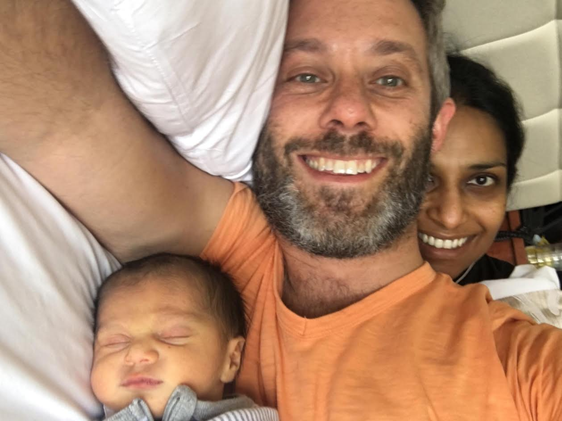 What is this love that bursts into being? This finer, purer love, this love that seeks nothing of the child, this love that demands nothing beyond that she be? This love, this agape? The grandparents are certainly agape. At this child, this miracle, fact, miracle.
What is this love that bursts into being? This finer, purer love, this love that seeks nothing of the child, this love that demands nothing beyond that she be? This love, this agape? The grandparents are certainly agape. At this child, this miracle, fact, miracle.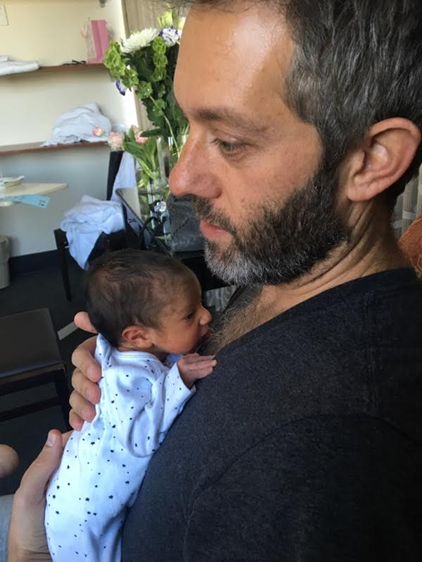 In the quiet and stillness, in this room, tenderness has her domain. This room contains a new human person who sleeps, whose lips flicker and semaphore mystically. She sleeps and she teaches love.
In the quiet and stillness, in this room, tenderness has her domain. This room contains a new human person who sleeps, whose lips flicker and semaphore mystically. She sleeps and she teaches love.